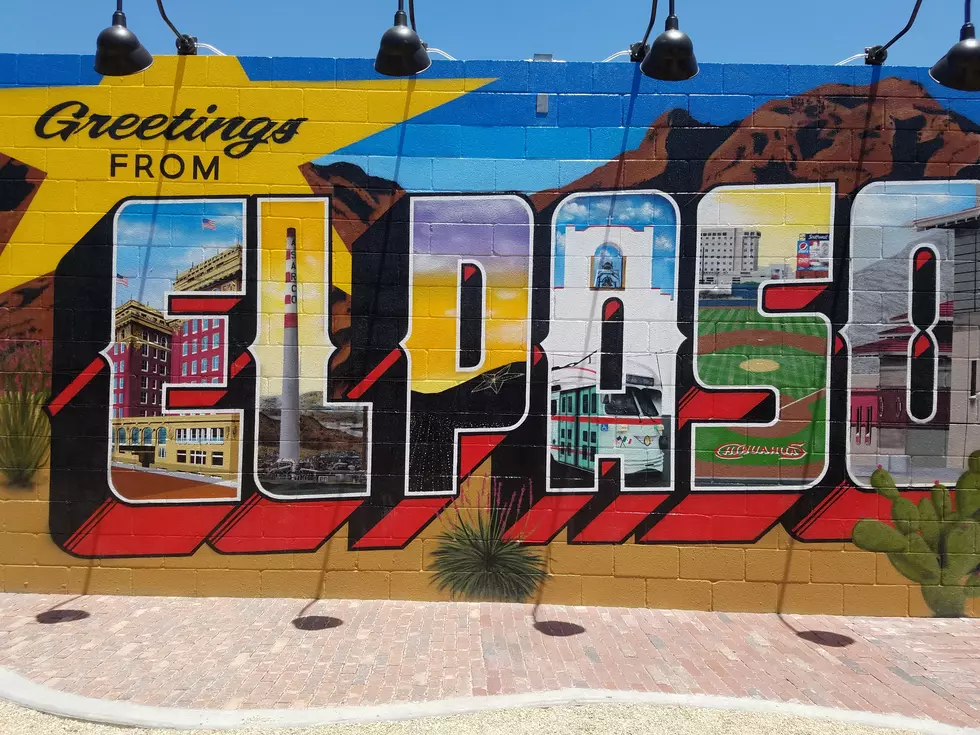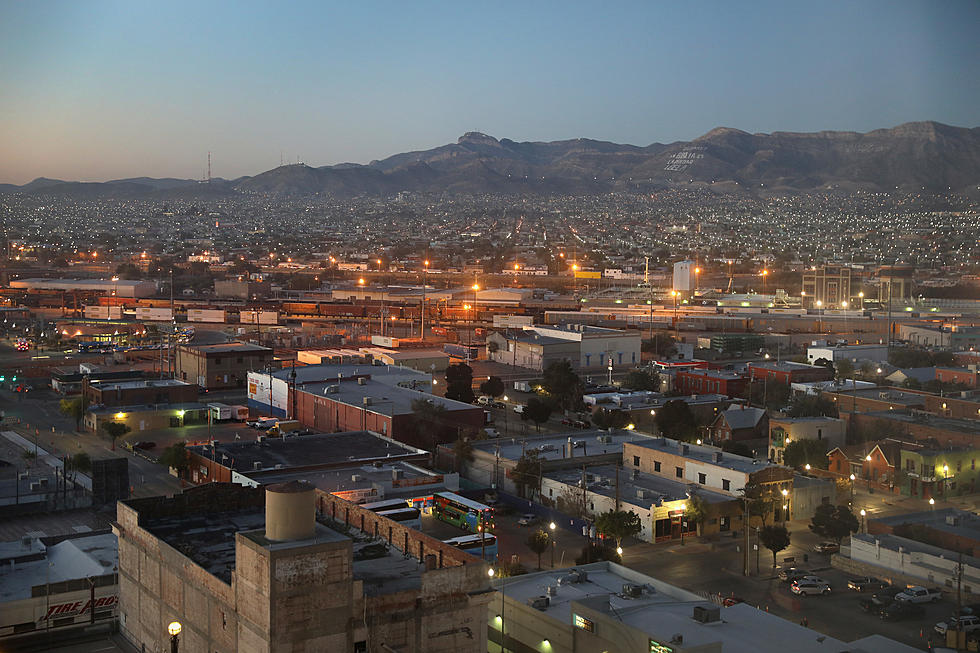
El Paso Named 2nd Safest City in America
El Paso is the second safest large city in the nation, according to new analysis.
The ranking was determined by SafeWise, an online home security and safety advice company, based on the FBI Uniform Crime Report from 2015, the last year the Federal Bureau of Investigation has been able to fully vet data it has compiled for each city for everything from auto theft and burglary, to robbery, aggravated assault and murder.
New York City, who we have traded rankings with for the better part of a decade, was deemed the safest.
Here’s what SafeWise had to say about El Paso’s #2 position:
Because El Paso is a border town, its low crime rate may surprise you, but it shouldn’t. Officials say that this community is made stronger by the hard-working ambition of immigrant families and individuals who make border towns their home. Additional law enforcement resources from the federal government to address immigration also help to create a more stable, safer city for all residents to enjoy.”
The ranking was met with much skepticism on social media, mostly because of recent reports of increased gang activity and what seems like a higher than usual number of stabbings and shootings this year.
Two things to keep in mind to that end; (1.) the statistics used for analysis are from data gathered in 2015, so any recent rash of crime is not reflected in this report, and (2.) even if there has been an uptick in crimes such as car burglaries and stabbings, El Paso still has a far lower crime rate than similarly sized or bigger metro areas.
It should be noted the FBI cautions against companies like SafeWise making sweeping assessments based solely on the data.
“Individuals using these tabulations are cautioned against drawing conclusions by making direct comparisons between cities,” the site declares.
“Comparisons lead to simplistic and/or incomplete analyses that often create misleading perceptions adversely affecting communities and their residents. Valid assessments are possible only with careful study and analysis of the range of unique conditions affecting each local law enforcement jurisdiction.”
More From 93.1 KISS FM









